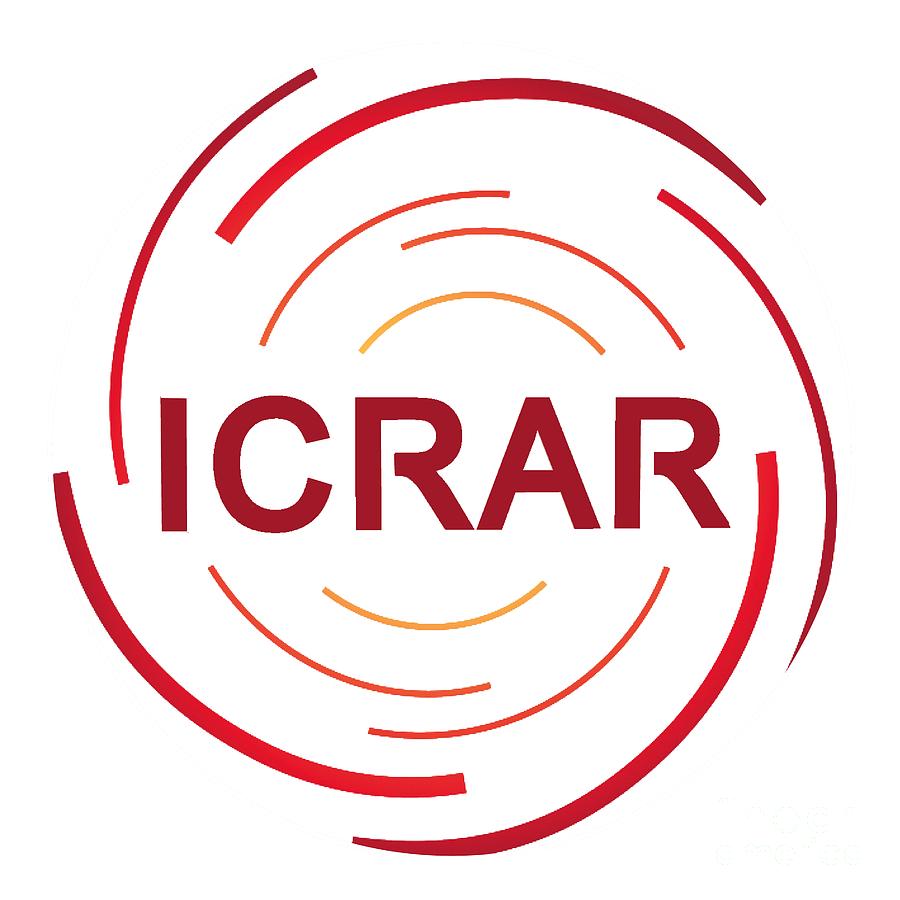The International Centre for Radio Astronomy Research (ICRAR) is a world-leading multi-disciplinary research centre based in Perth, Western Australia and supported by the State Government of Western Australia and The University of Western Australia. ICRAR conducts cutting-edge radio astronomy research using some of the most powerful telescopes in the world including the Murchison Widefield Array (MWA), Australian Square Kilometre Array Pathfinder (ASKAP), Parkes Observatory and MeerKAT.
ICRAR’s vision is to be a world leader in radio astronomy, to solve some of the biggest questions about our Universe and train the next generation of scientists and engineers. Our mission is to conduct transformational science and engineering that advances humanity’s understanding of the Universe, by working at the forefront of international radio astronomy. We aim to achieve this through excellence in scientific research, development and operations; training and education; industry partnerships; public engagement; and community outreach.
ICRAR was established in 2009 as a joint venture between Curtin University and The University of Western Australia, with support from CSIRO Astronomy & Space Science (CASS). ICRAR has since grown to become an internationally recognised centre for radio astronomical research with over 200 staff and students across its two campuses in Perth, Western Australia.
Research conducted at ICRAR has made significant contributions to our understanding of some of the most important questions about our Universe including: what are dark matter and dark energy? How did galaxies form? And how do black holes grow?
In 2019, ICRAR was ranked as one of the top 100 astrophysics institutes worldwide by Thomson Reuters based on their publication records over a 10-year period. This ranking places ICRAR amongst elite institutions such as Harvard Smithsonian Center for Astrophysics, Max Planck Institute for Radio Astronomy and European Southern Observatory.


